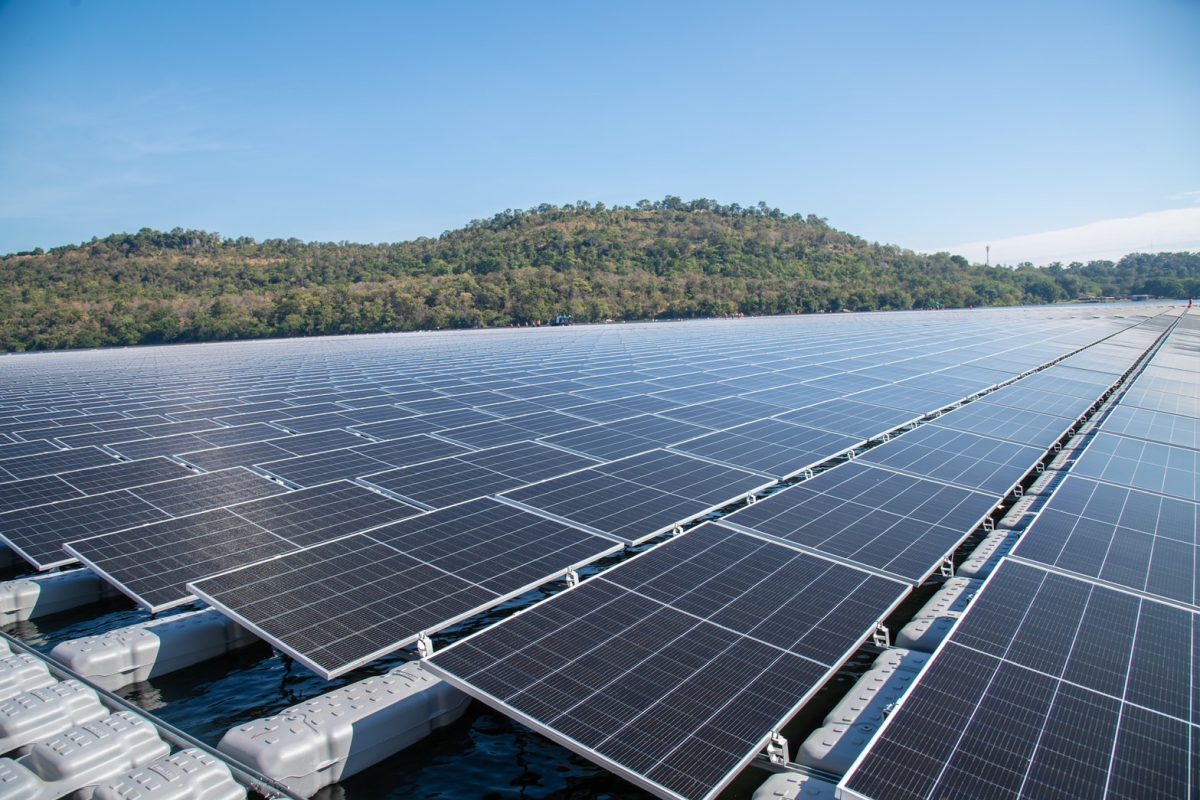
(Photo: EGAT)
Thai businesses are calling on the government to reform the green energy trading mechanism. The Federation of Thai Industries (FTI) believes that the government should expedite the opening of free trade in green energy. Otherwise, it will affect the investment willingness of foreign enterprises. Meanwhile, the Thai Ministry of Energy has revealed that pilot projects for "peer-to-peer" (P2P) electricity trading have been initiated in some regions.
Currently, the electricity trading market in Thailand is not fully open. It operates under the "enhanced single buyer" (ESB) mechanism, where power generators can only sell electricity to the Electricity Generating Authority of Thailand (EGAT) and its subsidiaries. As a result, the general public and businesses are unable to directly purchase green energy from power generators.
Natee Sithiprasasana, FTI Renewable Energy Industry Club Chairman, expressed during a public forum on March 25th that current regulations are hindering the development of renewable energy, particularly as demand from both local and multinational corporations continues to increase. They hope to achieve energy transition goals through addressing these regulatory challenges.
Natee believes that allowing consumers to directly purchase green electricity from generators is crucial. This is because carbon emission regulations are constantly evolving and becoming more complex, creating a demand from businesses for a more adaptable power supply system.
He suggested that the government initiate pilot projects in the Eastern Economic Corridor, including Rayong, Chonburi, and Chachoengsao provinces. Additionally, he proposed implementing a wheeling charge mechanism, whereby electricity generators would pay transmission fees to the Provincial Electricity Authority (PEA) and the Metropolitan Electricity Authority (MEA) for utilizing the power grid.
According to an anonymous source from the Energy Ministry cited by the Bangkok Post, the Energy Regulatory Commission (ERC) of Thailand has conducted peer-to-peer (P2P) pilot projects through a Sandbox Scheme. However, the current coverage is limited and not suitable for large enterprises.
The Thai ERC Sandbox Scheme began in 2019, with the first phase of P2P pilot projects comprising 8 initiatives across five categories, including real estate developers, universities, utilities, chemical manufacturers, and engineering, procurement, and construction (EPC) companies. However, these initiatives faced challenges in technology, legal, and economic aspects, leading to the cancellation of the second phase of the Sandbox Scheme.
The new version of Thailand's Power Development Plan (PDP) is scheduled to be released in September. Concerns have been raised about the stance of relevant authorities towards free trade in green energy. With Europe soon implementing the Carbon Border Adjustment Mechanism (CBAM), Warit Rattanachuen, Assistant Governor of EGAT, stated that preparations have been made to partially revise the current green energy trading mechanism.



